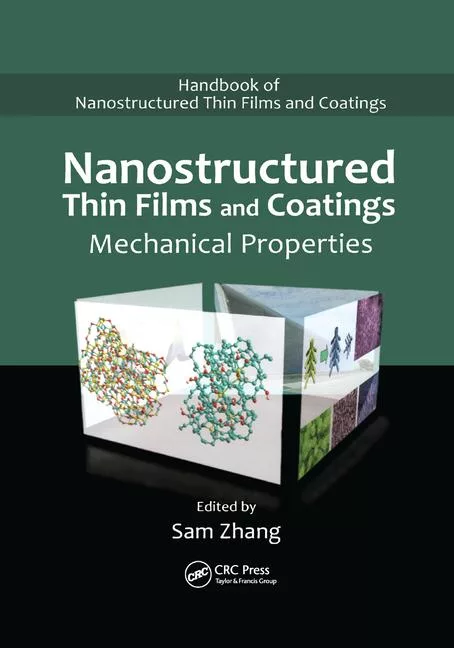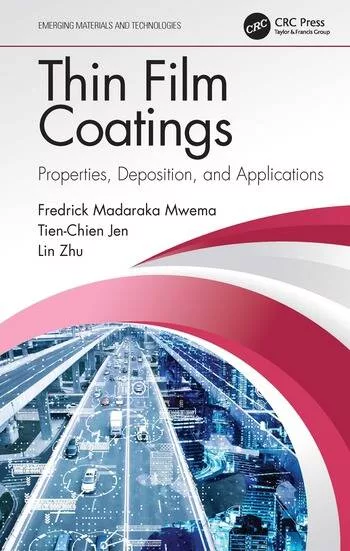Scientists Use Zinc Oxide Nanoparticles to Produce Vehicle Coatings with Anticorrosion Properties
TEHRAN, Iran - Iranian researchers from the Institute for Color Science and Technology have produced a new type of coating that exhibits anticorrosion properties by using zinc oxide nanoparticles. The coating has been developed for use in the automotive industry.
The nanoparticles are used in the formulation of a vehicle’s electrocoating. They adsorb ultraviolet light and prevent it from reaching the inner layer, preventing damage to the coating itself. This feature presents important applications for automotive coatings, helping manufacturers reduce production costs.
The research studied the anticorrosive properties of the coating by selecting the appropriate additive, dispersing nanoparticles in the production formulation and finally curing the coating film.
Ma'soumeh Rashvand, one of the researchers on the project, explained the mechanism of the nanoparticles, "Passing of ultraviolet light through the coating usually results in the oxidation of the electrocoating, and the coating flakes. As a result, the anticorrosive properties of the coating become weak, and the stability of the coating decreases in various climates. The adsorption of ultraviolet beam and its conversion to another form of energy (such as thermal energy) is the most important characteristic of ultraviolet light-adsorbing materials. This process reduces the hazardous effects. Zinc oxide nanoparticles used in this research attract ultraviolet light by being placed in the coating, and they prevent the ultraviolet beam to reach the inner layer; and therefore, the coating is not harmed."
Results of the research have been published in the October 2013 issue of Progress in Organic Coatings, (volume 76, issue 10, pp. 1413-1417).
Looking for a reprint of this article?
From high-res PDFs to custom plaques, order your copy today!






